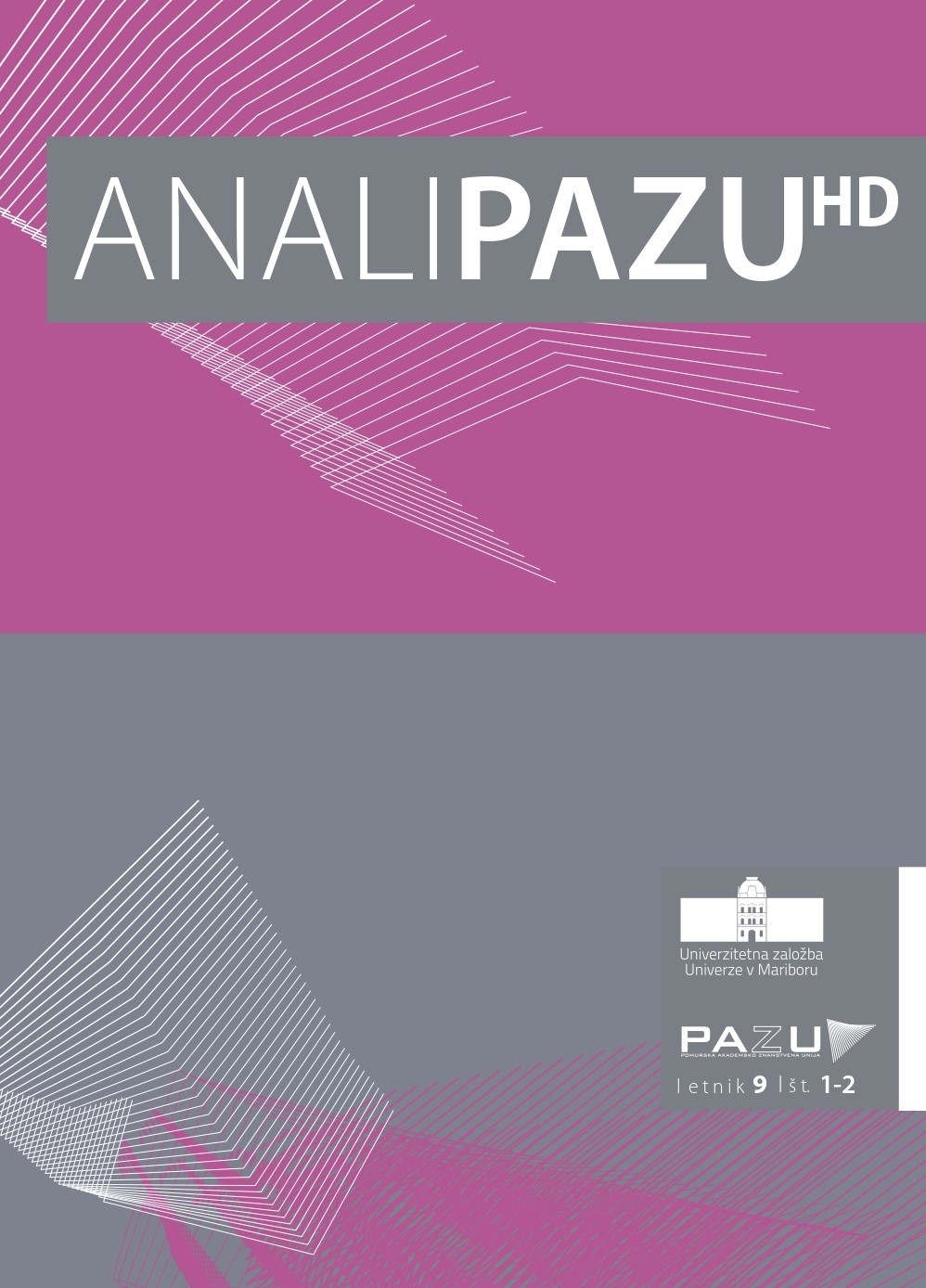Conceptualisation of the covid-19 pandemic and its linguistic realisation in slovene, german and hungarian
Abstract
In the paper we discuss the conceptualization of the corona virus pandemic as well as the changes that the extralingustic factor of the virus SARS-CoV-2 generated on the lexical level of the Slovene, German and Hungarian language. The corona virus drastically interfered with all aspects and areas of our lives and remains a central topic of (all forms of) communication to this day. It also »infected« the lanaguage/s that we speak and in which we think. Epidemiological offices give recommendations, governments introduce measures for preventing and containing the spread of infections with new virus. Many politicians, medical experts and the media are using military, catastrophic and apocalyptic rhetoric to convey their message, which induced a fear of the unknown, invisible virus in people as well as doubt in its existence and insecurity regarding the consequences of the disease. The insecurity and doubt are further deepened by conspiracy theories, disinformation and fake news (infodemic). This new reality also changed the way we conceptualize and verbalize the pandemic situation. We are witnessing a more or less expected metaphorical framing of the discourse about Covid-19.
